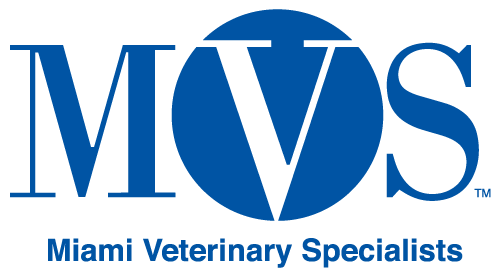Frequently Asked Questions
01.
What is a board-certified Surgeon?
Simply put, the term "ACVS Diplomate" refers to a veterinarian who has been board-certified (received a diploma) in veterinary surgery. Only after they complete the certification requirements of the ACVS are Diplomates of the American College of Veterinary Surgeons and have earned the right to be called specialists in veterinary surgery. Veterinarians wishing to become board-certified must complete a three-year residency program, meet specific training and caseload requirements, and perform research, and have their research published. This process is supervised by current ACVS Diplomates, ensuring consistency in training and adherence to high standards. Once completing the residency, the resident must sit for and pass a rigorous examination. Only then does the veterinarian earn the title of ACVS Diplomate.
02.
Why are veterinary specialists needed?
There are several reasons for the increase in veterinary specialists. The first parallels human medicine — rapid advances in the medical profession make it difficult for general veterinary practitioners to remain current with advances in technology and techniques. When general practice veterinarians are faced with a medical situation outside their area of expertise, they now have the option of referring their client to a specialist. Secondly, people view their pets as part of their families. Therefore, they are demanding similar health care for their pets as received by humans. According to a recent survey conducted by the American Animal Hospital Association of pet owners in the United States and Canada, a majority responded that they would take extra measures to ensure their pets’ well-being. Moreover, pet owners have become more educated about veterinary care options available for their pets and are demanding the best treatment available and the most qualified person to perform that treatment for their pets. According to a recent survey by the Companion Animal and Family Health Council, 73 percent of veterinarians said their clients seek more referrals to veterinary specialists today than they did 5 years ago.
03.
Do I need an appointment to see a specialists?
While an appointment is not necessary, it is highly recommended. Appointments help to alleviate some wait time and help make for a more efficient visit. Also, if possible, a referral is from your veterinarian is preferred. A referral from your regular veterinarian allows us to communicate with them to provide the best care for your pet. HOWEVER, if you have a pet emergency, we will treat your pet as needed and contact your regular veterinarian after treatment. Walk-in appointments will be seen based on medical emergency first, then accommodated according to available times.
04.
Does MVS offer vaccines and routine care?
MVS does not offer routine veterinary care. Once we treat the initial problem and it's resolved, you should contact your veterinarian to schedule further follow-up appointments. Maintaining scheduled vaccines and routine health care is vital for your pet's continued well-being. The Miami Veterinary Specialists will maintain communication with your primary care veterinarian, updating your pet's diagnosis and treatment progress.
05.
How does MVS differ from your regular veterinarian?
A board-certified specialist has expertise and training in managing complex and unusual problems and can perform procedures needed to treat your pet's issues. To be awarded Diplomacy in their respective specialties, veterinarians must complete the certification and test.

